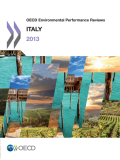
The OECD Environmental Performance Review Programme provides independent assessments of countries’ progress in achieving their domestic and international environmental policy commitments, together with policy relevant recommendations. They are conducted to promote peer learning, to enhance countries’ accountability to each other and to the public, and to improve governments’ environmental performance, individually and collectively. The Reviews are supported by a broad range of economic and environmental data. Each cycle of the Environmental Performance Reviews covers all OECD member countries and selected partner countries.
This report is the third OECD review of Italy’s environmental performance. It evaluates progress towards sustainable development and green growth, with a focus on policies that promote more effective and efficient water management and provide better incentives to tackle climate change.
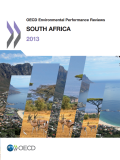
This report is the first OECD review of South Africa’s environmental performance. It has been carried out as part of the OECD dialogue with South Africa as Key Partner. The report evaluates South Africa's progress towards sustainable development and green growth, with a focus on policies that provide incentives to protect South Africa's exceptionally rich biodiversity and promote more effective and efficient environmental management across different levels of public administration.
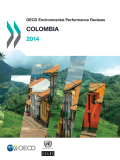
This report is the first OECD review of Colombia’s environmental performance. It evaluates progress towards sustainable development and green growth, with a focus on waste and chemicals management and policies that promote more effective and efficient protection and sustainable use of biodiversity.
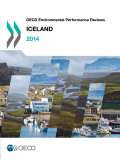
This report is the third OECD review of Iceland’s environmental performance. It evaluates progress towards sustainable development and green growth, with a focus on the environmental aspects of Iceland's energy and tourism policies.
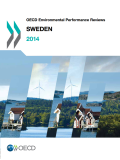
This report is the third OECD review of Sweden’s environmental performance. It evaluates progress towards sustainable development and green growth, with a focus on Sweden's longstanding commitment to mitigating emissions of greenhouse gases and its management of marine ecosystem services and water.
